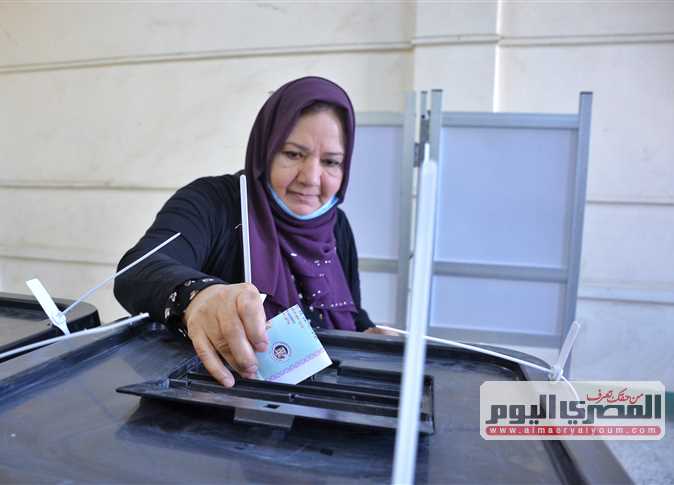Moufid Shehab, Minister of State for Legal and Parliamentary Affairs, has rejected the idea of international monitoring of Egypt's elections, saying it would interfere with national sovereignty.
During a meeting yesterday at the National Council for Human Rights (NCHR), Shehab said domestic monitoring would be preferable to international monitoring so long as it is done in an organized way. He insisted on the necessity of coordination between the NCHR and the electoral commission in order to set rules for civil society organizations. At the same time, Shehab warned against rigging elections, which would have “serious consequences."
Egypt is keen to enhance human rights and the government is committed to recommendations made by the International Council on Human Rights Policy (ICHRP), Shehab said.
Moqbel Shaker, head of the NCHR, said the integrity of the upcoming elections as well as feedback on the Shura Council elections were discussed during the meeting.
A conflict between Shehab and Hafez Abu Seida, NCHR member, arose concerning Shehab's statements on international election monitoring.
Abu Seida said there was a difference between international monitoring by the United Nations and by other international organizations. He added that Shehab’s statements did not represent the majority of NCHR members' points of view, and said the upcoming elections are expected to be unfair, for many reasons, among which are the “violations that took place during the Shura Council elections.”
In a related context, Mostafa al-Fiqqi, chairman of the parliament’s Foreign Relations Committee, responded to questions about the upcoming presidential elections saying, “I believe that President Mubarak will nominate himself in the elections, unless he thinks otherwise.”
Concerning the president’s direct intervention in many internal affairs, al-Fiqqi said that it was “good to have a president whose prestige can end problems.” He insisted that none of Egypt’s future presidents will have the same prestige that presidents Gamal abdel Nasser, Anwar al-Sadat and Hosni Mubarak have been characterized by, attributing this to historical reasons.
Al-Fiqqi also criticized the Muslim Brotherhood, saying the group has been a major problem throughout history. Al-Fiqqi named extremism and corruption as two significant problems for Egypt. He attributed corruption to the alliance between power and money, which he said can be ended within three to five years, whereas extremism occurs due to the Muslim Brotherhood mixing between religion and politics, according to al-Fiqqi.
Translated from the Arabic Edition.




